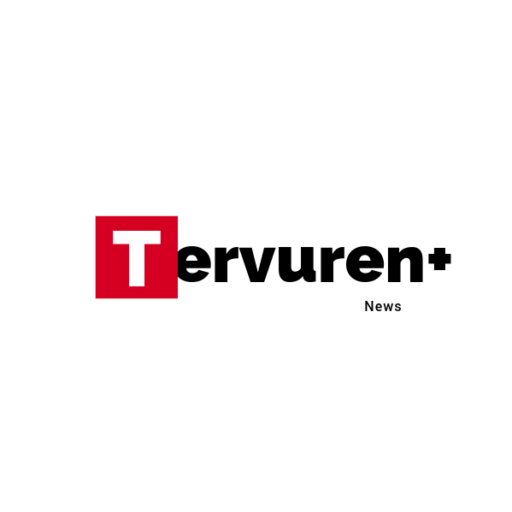Member of the European Parliament Sophie in ’t Veld was in Tervuren on 6 May to launch Volt Tervuren, a local section of the pan-European party. “Establishing a local branch of Volt in Tervuren is crucial as it brings our European vision closer to citizens, enabling concrete local action,” says in ’t Veld.
“Volt Tervuren stands for a democracy that embraces everyone, builds bridges across borders, and amplifies the voices of every citizen in Tervuren,” adds in ’t Veld. The new branch claims it will bring a new dynamic to Tervuren as the town gears up for the municipal elections on Sunday 13 October. Volt Belgium’s slogan is ‘Think European, Act Local’.
“A town is not just built with concrete. It’s built with the participation of all its citizens joining forces to find the best solutions to the challenges we face. With Volt Tervuren we hope to bring more voices, more diversity and a more collaborative approach into the decision-making,” says member Tracey D’Afters. “At work, we are accustomed to listening, problem-solving, and making decisions collectively, regardless of origin. This ethos must guide the city council,” adds Magdalena Garczyńska. “Volt allows everyone to get on board and participate in politics. And in Tervuren it’s so important because we’re amazingly diverse,” says Jana Masarčová.
Flemish nationalists, greens and catholics
Currently, the Flemish nationalist alliance (N-VA) forms an odd town council coalition uniting the Flemish Christian Democrats (CD&V) with the Flemish Groen party. None of the 27 town councillors come from the 43% of the population of non-Belgian origin. And the town’s four French-speaking councillors have never been accepted as part of the governing coalition.
Volt Tervuren will face an uphill struggle in gaining town council seats, let alone changing the fact that town hall coalitions are forged not so much on the back of electoral results, but by back room deals between the traditional parties.

Belgium’s Imperiali voting system favors the largest parties, called ‘cartels’ by locals, that form electoral alliances. Combined, the liberals and CD&V should be able to make a serious grab at the mayorship after the town council elections on Sunday 13 October. Even with exactly the same number of votes, the electoral alliance could well give the two parties combined an extra two seats. That means the liberals’ ambitious 29-year old leader Thomas Geyns is now eagerly eyeing the mayorship.
The Imperiali voting system, introduced in 1921 to exclude smaller parties, will make life tough for European party Volt’s newest branch could need upwards of 750 votes to gain a first seat. Another difficulty for the new branch of the European party is that town council has only registered some 17% of non-Belgian Tervurenaars so that they are able to vote in October.
Under the Imperiali voting system, with Tervurenaars voting exactly the same as in 2018, the joint Flemish liberals and Catholics could now gain 9 or 10 out of the 27 seats on the town council (8 in 2018), followed by the Flemish nationalists NV-A (8 or 9), Groen (5 or 6) and Tervuren Unie (4-2). In the last elections, the N-VA won the most votes (30%), followed by Groen (22%), liberals (17%), CD&V (16%), and Tervuren Unie (15.5%).
Volt now has some 27,000 members across Europe. The Tervuren branch has set up a website in five languages, accesible via https://voltbelgie.org/tervuren and a Facebook-page at https://facebook.com/volttervuren
Photo and article © 2024 for Tervuren+ are licensed under Creative Commons Attribution-ShareAlike 4.0 International.
